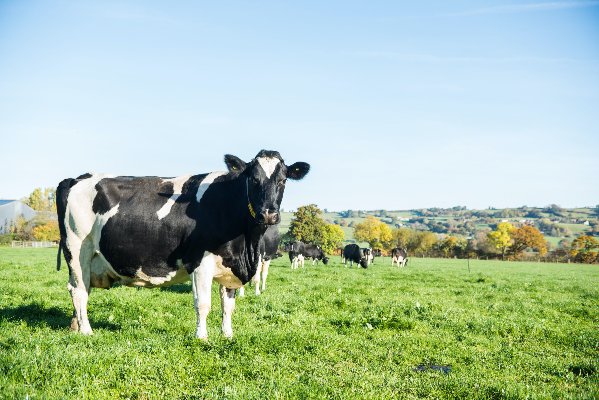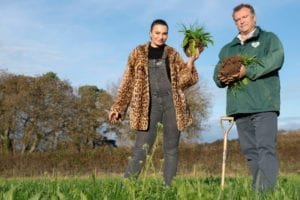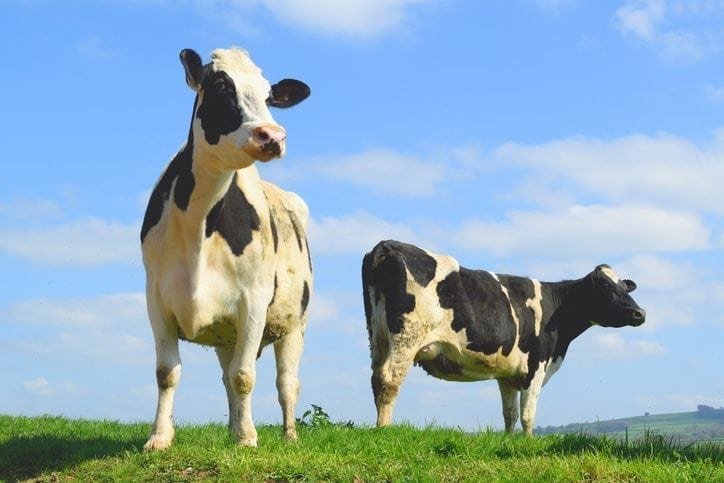Farming and fossil fuels
Industrial agriculture is largely dependent on fossil fuels for the chemical fertilisers that supply nutrients to grow crops.
Dependence on oil has significant implications for global food security either through overall supply limitations or the weaponisation of fossil fuels, as experienced recently in the Ukraine war.
Working with nature
While industrial farming feeds the plants and soils with chemicals, regenerative farming feeds the soil and its microbes – and the soil feeds the plants. It creates more life. It regenerates.
Regenerative organic farming allows a transition to a food and farming system that is resilient, food secure and at the same time has the ability to address our climate and nature challenges.
Core to the regenerative approach to food production is working with nature to manage connections between plants, animals and the landscape, with a strong emphasis on carbon sequestration as an outcome.
There is mounting evidence that ruminants such as cows and sheep raised within regenerative farming systems can sequester sufficient carbon to offset the methane they produce.
By building up the organic matter in soil, they can counter their normal rumen function.
Storing carbon
If Mother Earth represents life on Earth, it certainly seems more than a happy coincidence that one of the answers for our climate crisis could be right under our feet – in the soil and the way we farm.
The Earth’s soils contain 2,500 gigatons of carbon, which is far more than is found in the atmosphere and even more than is stored in all the trees, plants and living things on the planet.
Tree planting to absorb CO2 has come to be the poster child for efforts to fight climate change – yet grassland managed using regenerative principles can sequester up to 3 tonnes per hectare each year. That’s almost as much as is sequestered by a Sitka spruce plantation.
If regenerative farming were implemented on a quarter of the world’s farms and grasslands, they would absorb and retain a much-needed 55 billion tonnes of greenhouse gases over the next 30 years.
Soil health is planet health and human health. It’s as one. As Lady Eve, founder of the Soil Association, wrote: ‘the health of soil, plant, animal and man is one and indivisible.’ Nothing is truer, still to this day.
 Play Video about This Rock Might Just Save The World
Play Video about This Rock Might Just Save The World Play Video about Play 2 hours of rock
Play Video about Play 2 hours of rock Play Video about Play 2 hours of brook
Play Video about Play 2 hours of brook Play Video about Play 2 hours of sheep
Play Video about Play 2 hours of sheep















































